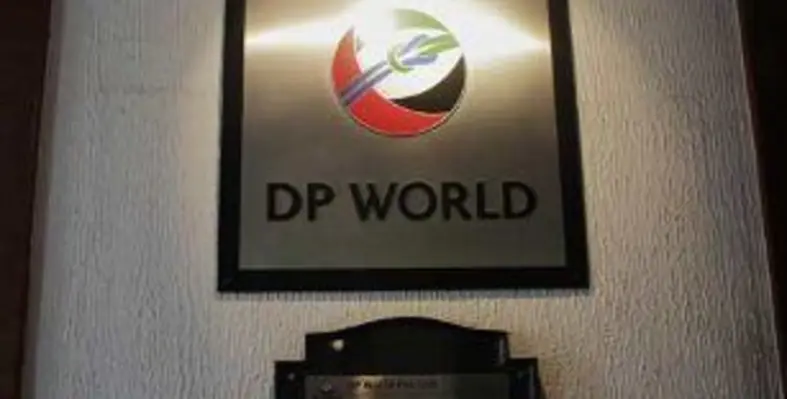Standard & Poors Rating Services has revised its outlook on Dubai-based port operator DP World Ltd. (DPW) to positive from stable.
S&P also affirmed their BB long-term corporate credit and senior unsecured debt ratings, and their B short-term corporate credit rating on DPW. The recovery rating on the senior unsecured debt is unchanged at 3, indicating S&Ps expectation of meaningful (50 per cent-70 per cent) recovery in the event of a payment default.
The outlook revision reflects S&Ps view that DPWs financial risk profile will improve when it has completed the sale of 75 per cent of its shares in DPW Australia. DPW has announced that the US$1.5 billion of proceeds will be used for debt repayment.
In addition, DPWs operating performance remains healthy and supportive, in our view, with 8.5 per cent throughput growth across consolidated terminals for the first-quarter 2011 relative to the corresponding period of the previous year.
Late in the first quarter of 2011, DPWs ultimate majority shareholder, Dubai World Corporation DWC (not rated), announced the completion of the restructuring of debt totaling about $23.9 billion. In S&Ps opinion, the track record of no adverse interference by DWC since its debt moratorium was announced in November 2009 is a supporting factor for its rating on DPW.
This track record, and S&Ps belief that DWC will continue to allow DPW to operate on a stand-alone basis and not subject it to material cash calls or asset transfers to DWC mitigates the negative rating pressure arising from what we believe to be a weaker parent.
The positive outlook reflects S&Ps expectation that DPW will not experience adverse interference from its ultimate parent DWC, in line with the track record so far. S&P also expects DPWs financial performance to improve, with FFO to debt increasing to the mid teens over the medium term.
In addition, S&P is assuming that the company will shortly start a process to successfully refinance the US$3 billion loan facility falling due in October 2012.
An upgrade will be contingent on DPW generating positive discretionary cash flows (after payment of any dividends) and a ratio of FFO to fully adjusted debt in excess of 15 per cent.
S&P would also need to gain further insight into the ultimate parent, DWC, concerning its strategy and policy in relation to DPW over the medium to long term.





